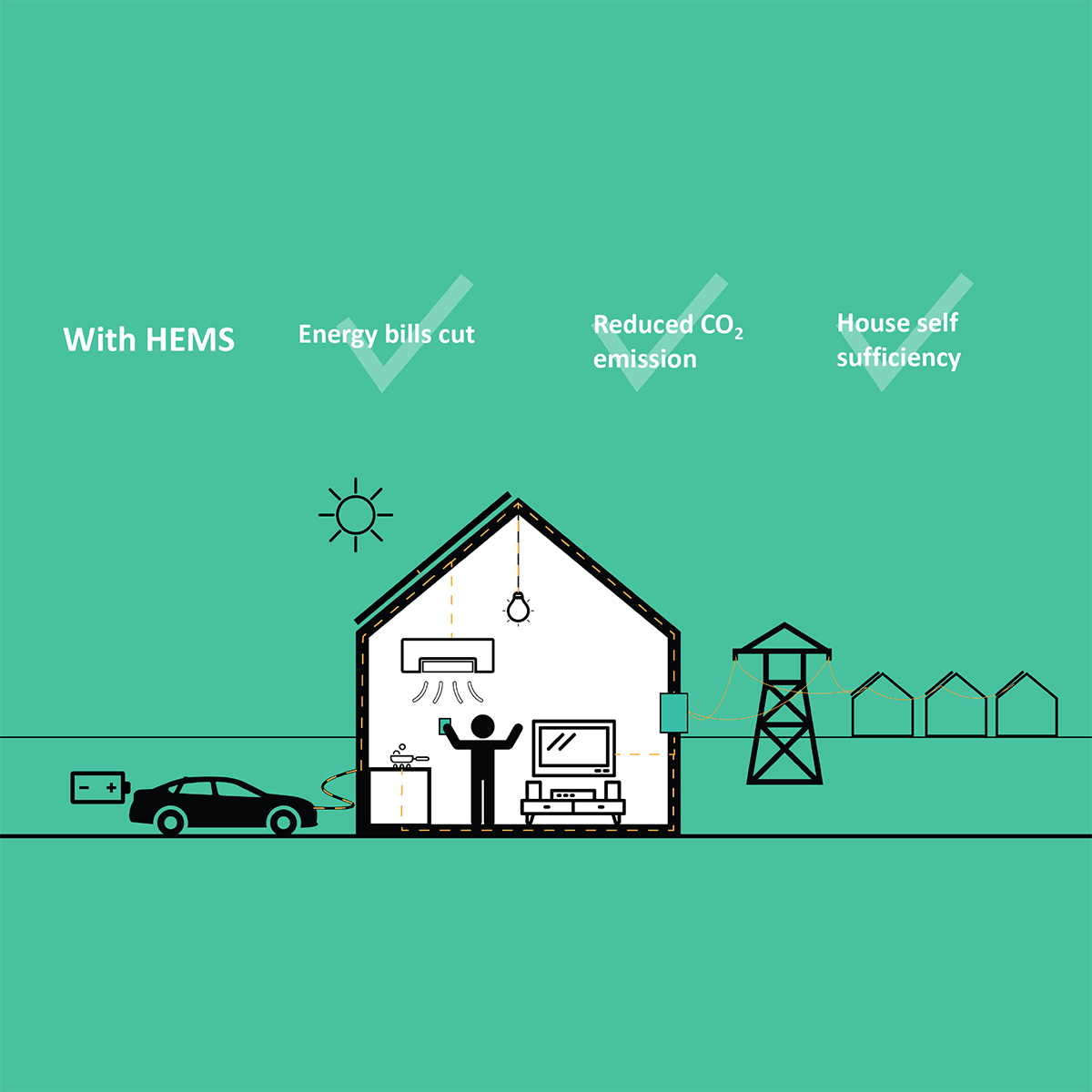
eHome Solutions
The goal of this project is therefore to develop a comprehensive HEMS, including a control algorithm and a user interface, able to operate with a broad range of devices and achieve previously unattainable performance.
ASP projects
Students participate to multidisciplinary projects, focusing on real and relevant problems, proposed as a collaboration between universities and external institutions (i.e., firms, governmental or research institutions).
Project teams consist of 7/8 students from different schools and are therefore intrinsically multidisciplinary. Each project team is assisted by tutors with a multifaceted background, selected among the Faculty of Politecnico di Milano and Politecnico di Torino as well as among experts of the proposing external institutions. Tutors advice students and periodically review their intermediate results.
Teams are provided with funds that allow them to make study trips, attend conferences, buy books and materials to help develop the project. The project plan and budget is defined by the team and agreed with the tutors.
Projects are focused on four “problem-based learning” tracks:
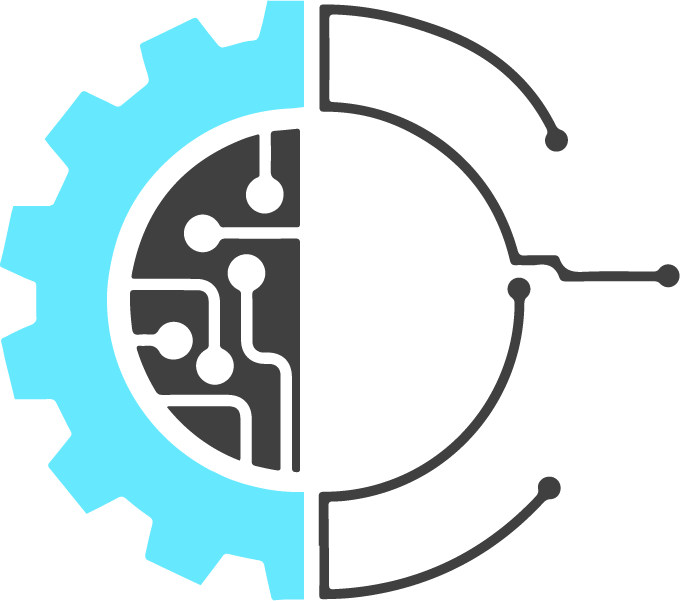
These projects are based on investigating innovation opportunities in a variety of industries. As an example, they can try to identify the benefits at company level of the new technologies available in the market.
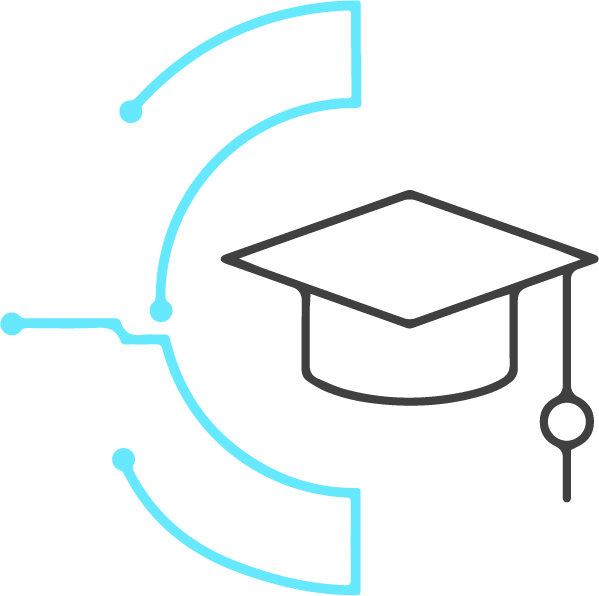
These projects are based on creating and furthering knowledge for companies, public and private institutions for structuring and solving complex problems.
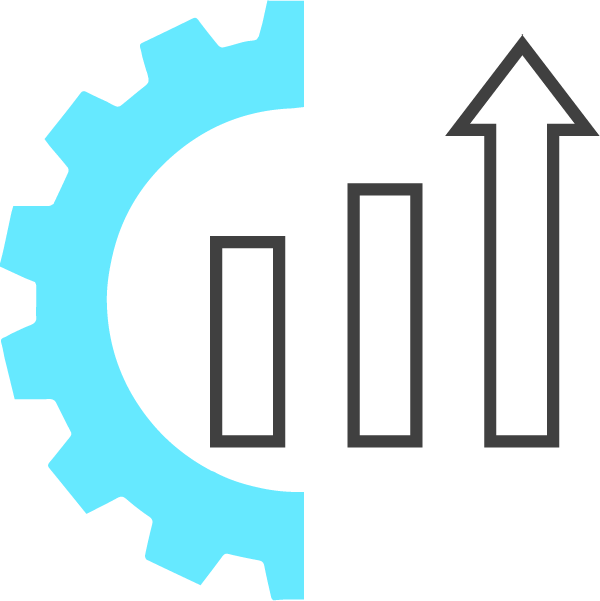
These projects are based on investigating entrepreneurial opportunities with a particular focus on hi-tech start-ups. These projects try to analyse the scenario of high-tech start-ups and evaluate their impacts at different levels.
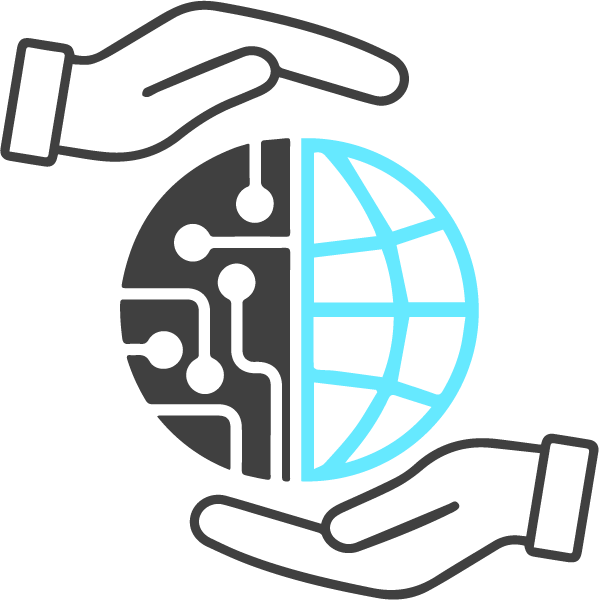
These projects have the aim of understanding potential positive changes that an organization can implement to address a pressing social issue and favouring people engagement for social and community development.
For more information, please write an email to projects@asp-poli.it.
The results of the projects from the 1st to the 15th ASP cycle are reunited and published in books that can be downloaded here.
Last ASP projects
Industry & Innovation

The goal of this project is therefore to develop a comprehensive HEMS, including a control algorithm and a user interface, able to operate with a broad range of devices and achieve previously unattainable performance.
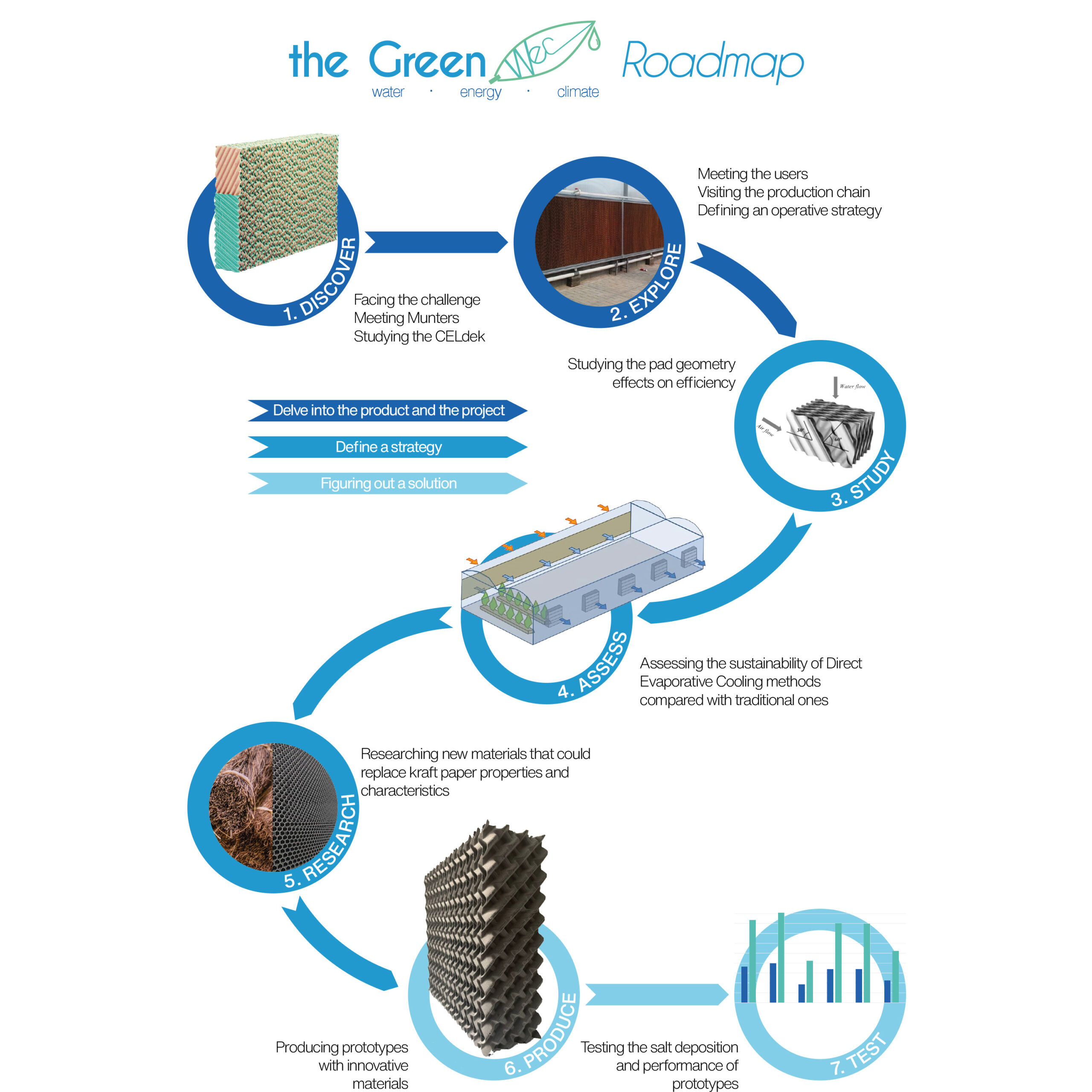
Our project addresses critical challenges in greenhouse cooling by aiming to reduce water consumption, improve sustainability, and enhance performance. Stakeholder analysis guided our approach, and research into materials and experimental activities led to promising alternatives. Our goal is to provide an innovative and sustainable solution that meets the diverse needs of stakeholders, ensures water conservation, and secures the economic viability of greenhouse applications. By focusing on these strategies and technologies, we can contribute to the advancement of sustainable practices in the agricultural sector while addressing the pressing issue of water scarcity.
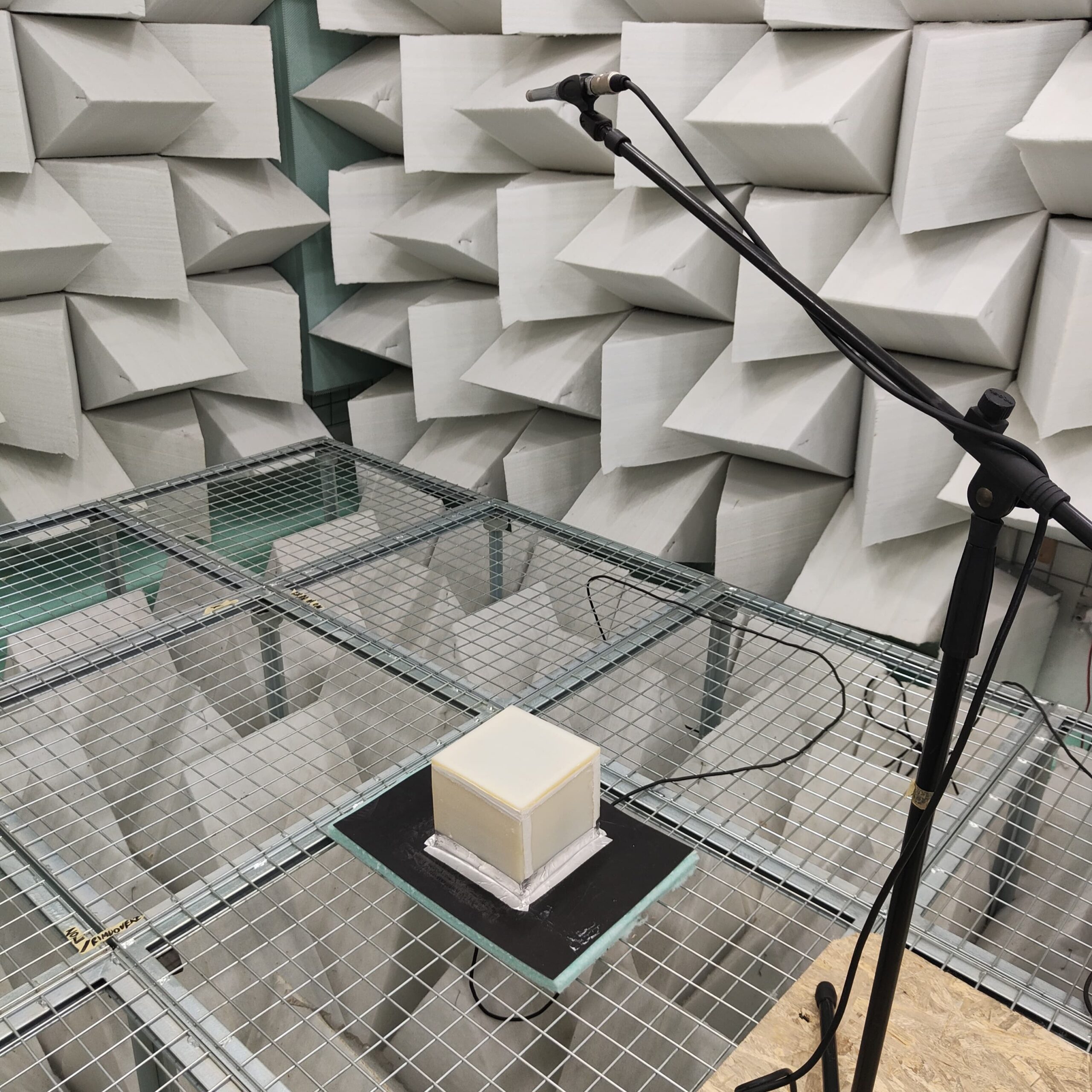
MetaMAPP II – Reloaded aims to develop a metamaterial-based solution to reduce the noise level inside a car cabin, particularly targeting a specific range of medium-high frequencies.
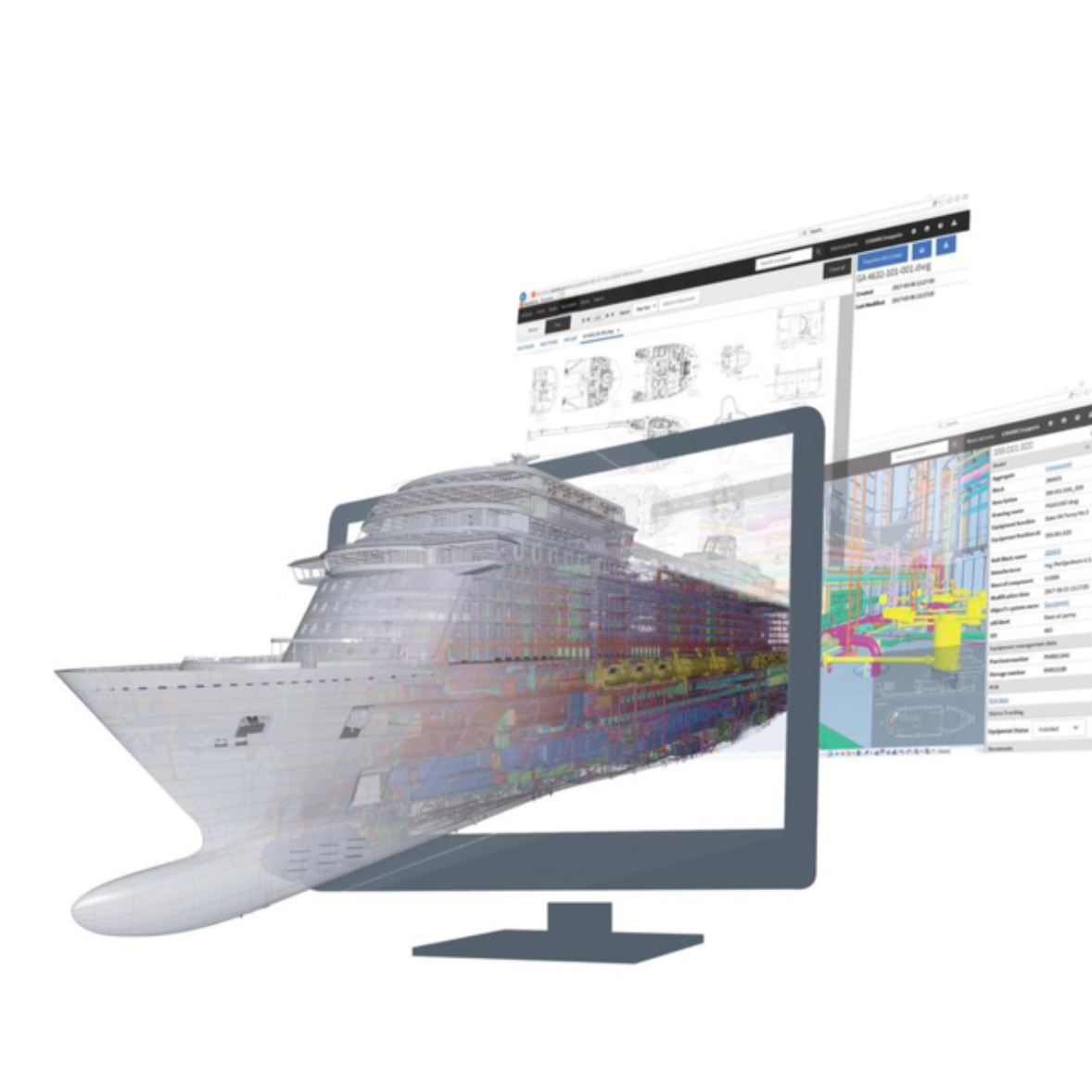
Sanlorenzo’s MILDS project represents a significant step forward in leveraging Digital Twin technology to revolutionize the superyacht industry. By integrating data-driven maintenance, energy efficiency services, and a comprehensive DT infrastructure, the company aims to meet the demands of the emerging userrequirements, while delivering exceptional value to its customers.
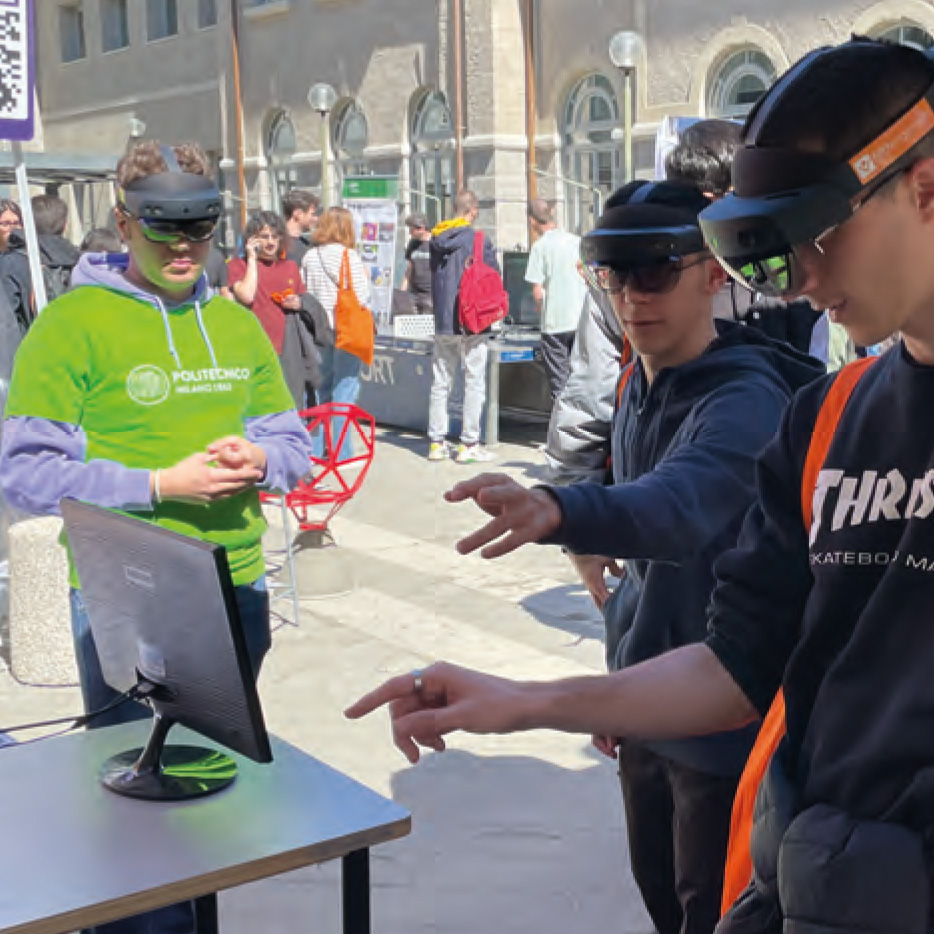
The current landscape of Mixed Reality (MR) applications in Education finds common employment in rendering 3D content in digital spaces. We noticed an unexplored area in the development of 3D-based activities that, combined with 3D content, could lead to comprehensive teaching experiences. Our project, in partnership with Vodafone and FifthIngenium, aims to fill this gap.
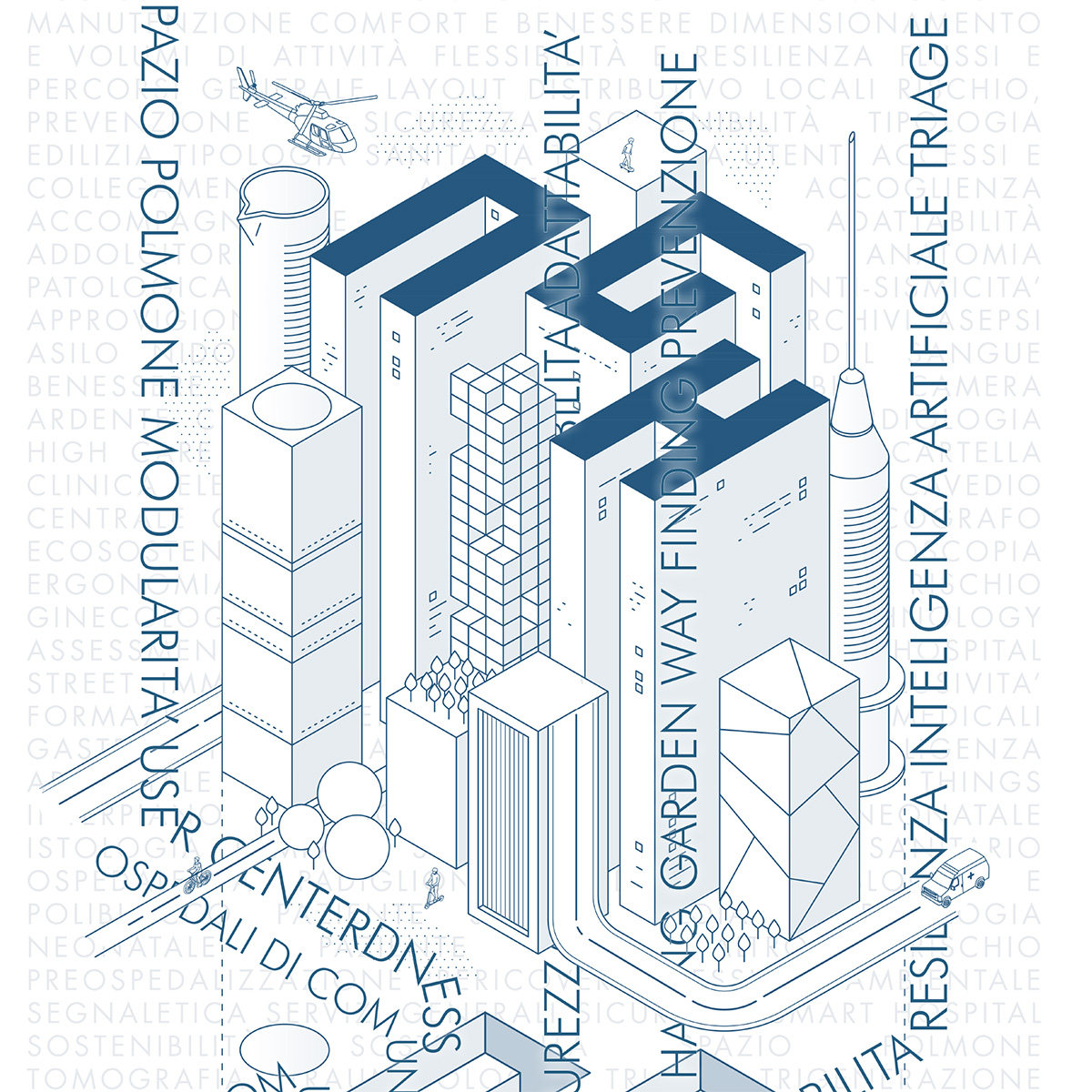
Next Generation Hospital provides the basis for the new Norma Terminologica UNI, the Italian national industrial terminology standard on healthcare design.
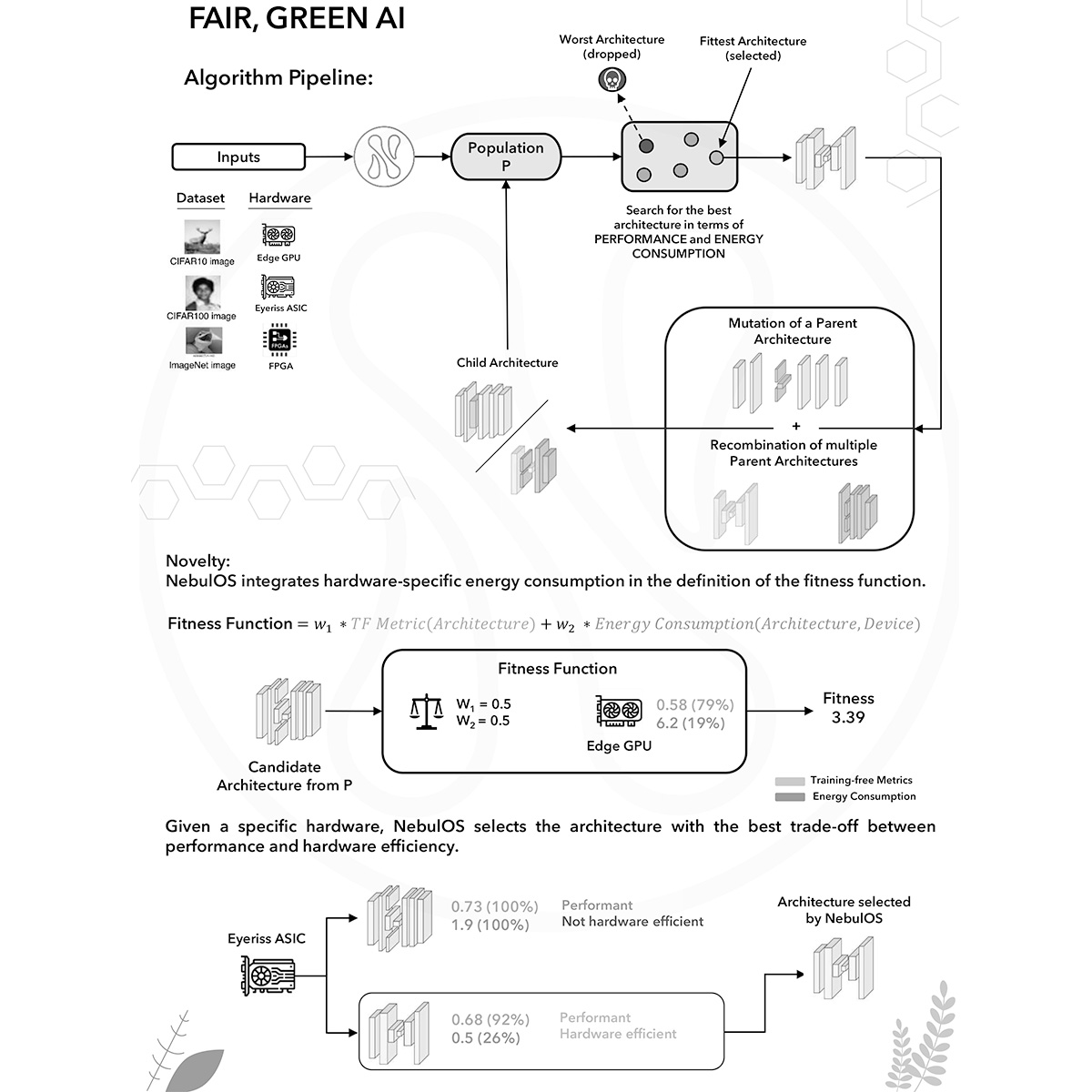
Unlike traditional methods that search for the best model only considering the performance on the downstream task, NebulOS also takes into the energy consumption when training a model on a specific hardware, producing tailored designs on a variety of different devices. This ensures that the final model aligns with the end-user’s unique needs, resources, and preferences.
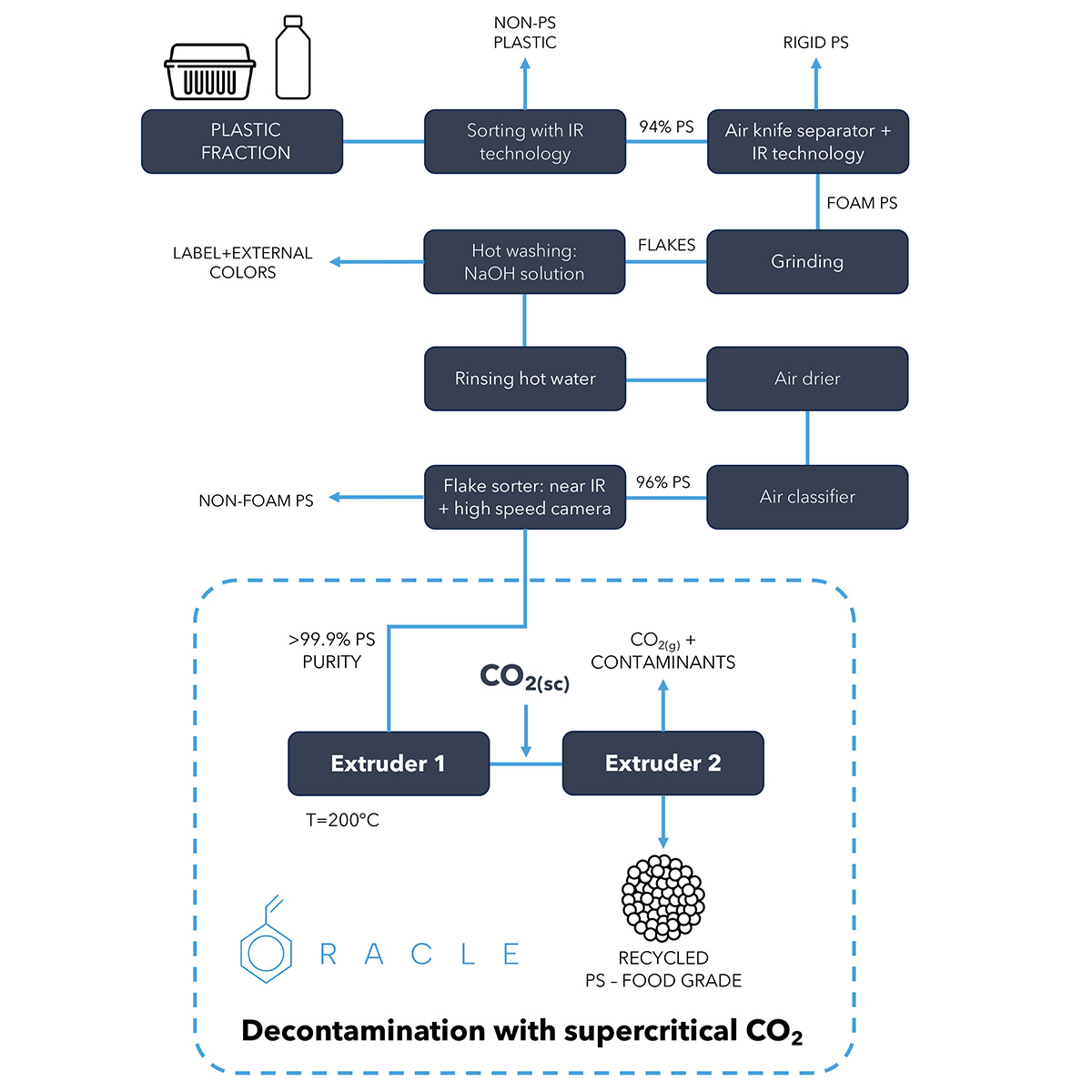
ORACLE is committed not only to the mitigation of the environmental impact of plastic waste but also to the contribution to the circular economy model
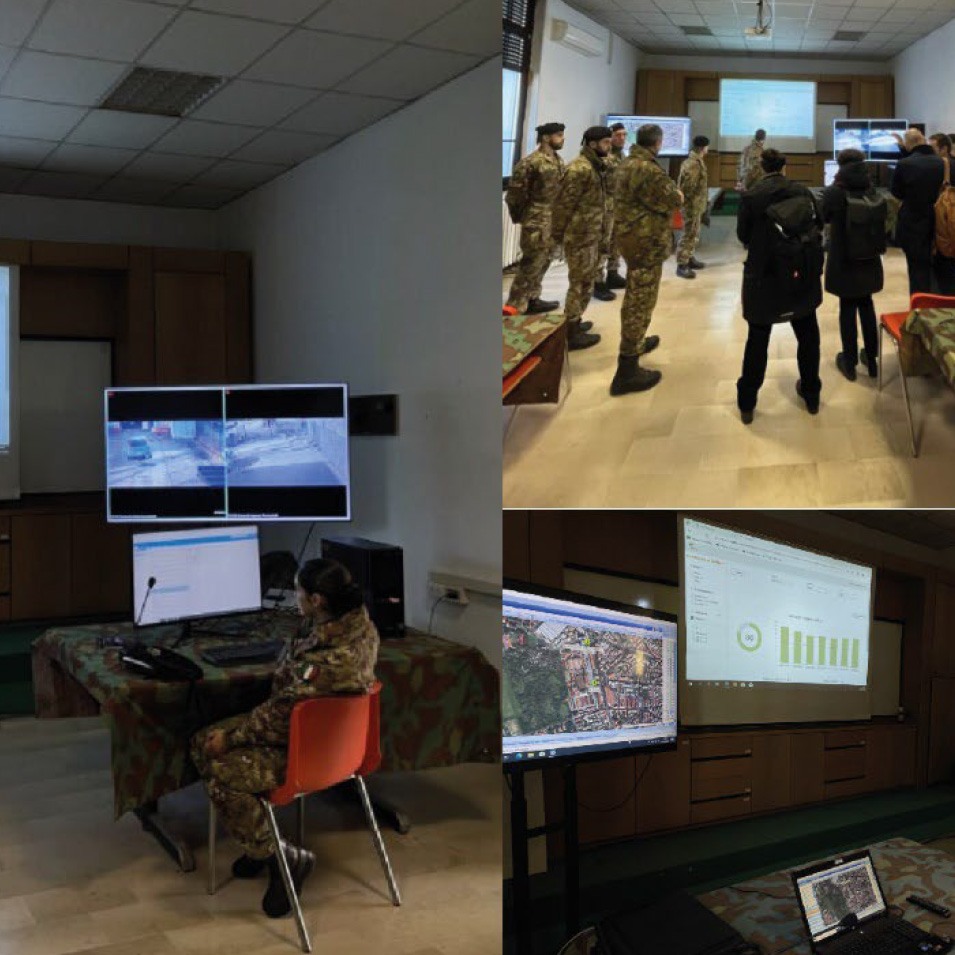
Smart Military District: Urban Rethinking, Energy Efficiency and Smart Things.
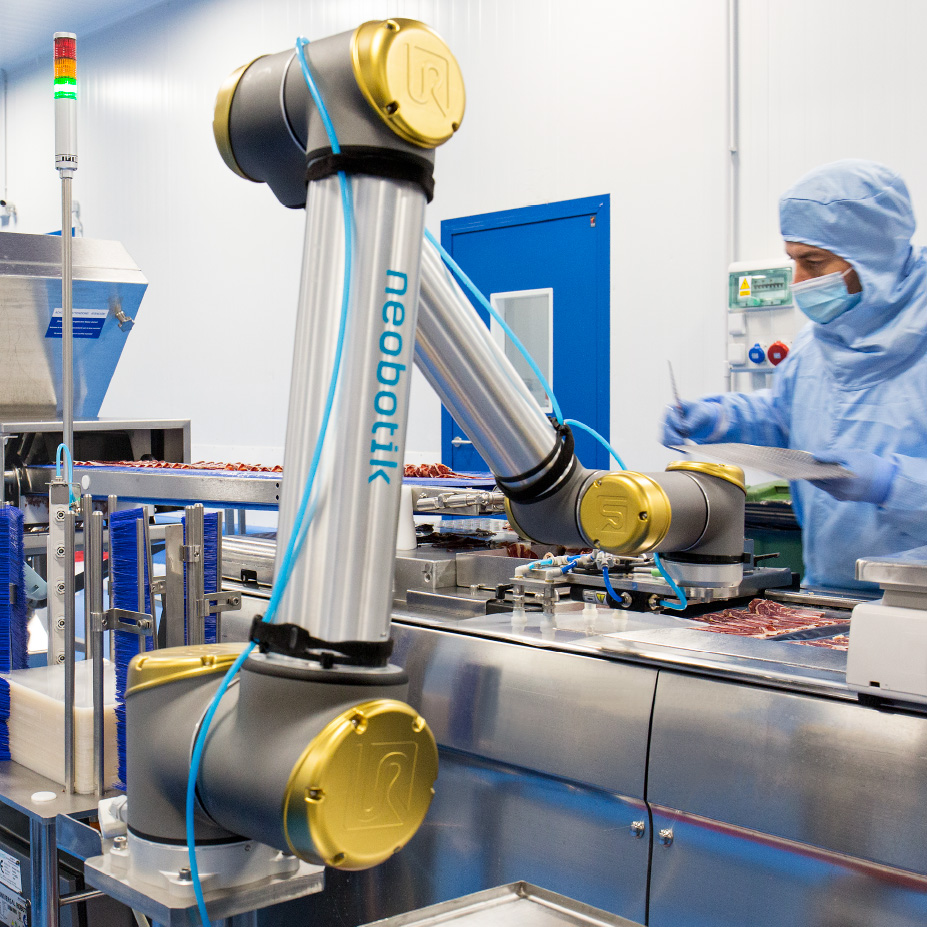
A machine-learnig based microwave sensing approach to real-time food contaminant detection, localization and classification
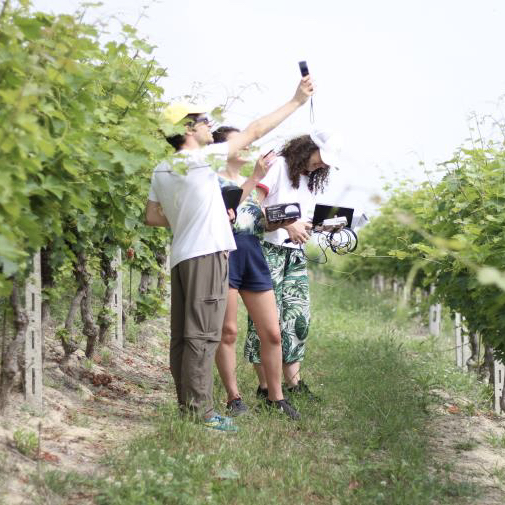
The increase of the frequency and strength of extreme meteorological events related to climate change is a trend that will
Academic research
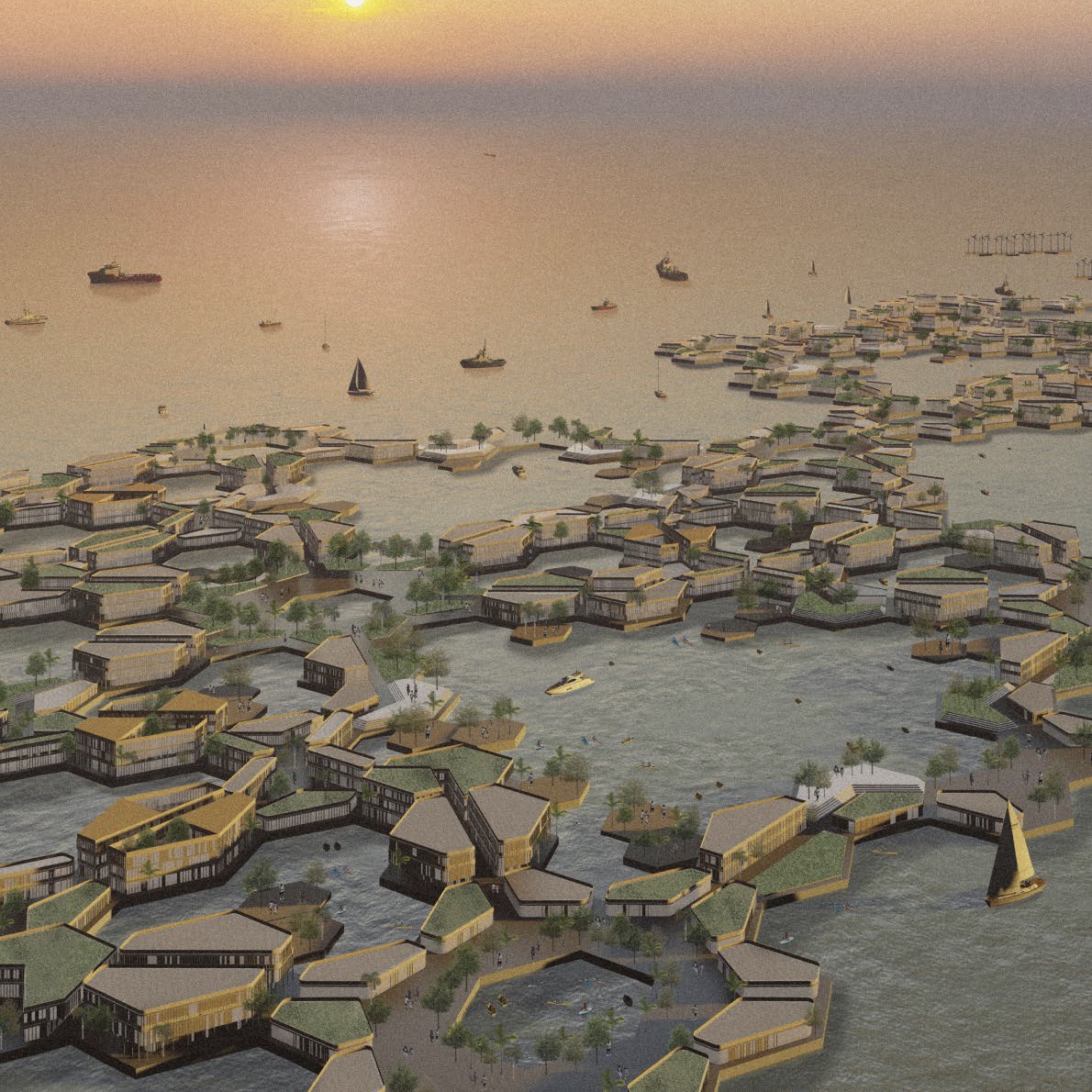
Rising sea levels are tearing more and more coastlines from the earth, submerging cities, ecosystems and entire cultures. F.U.S.S. (Floating

Social media has set the stage to a complex, quickly changing and hyper-connected environment in which people interact with each
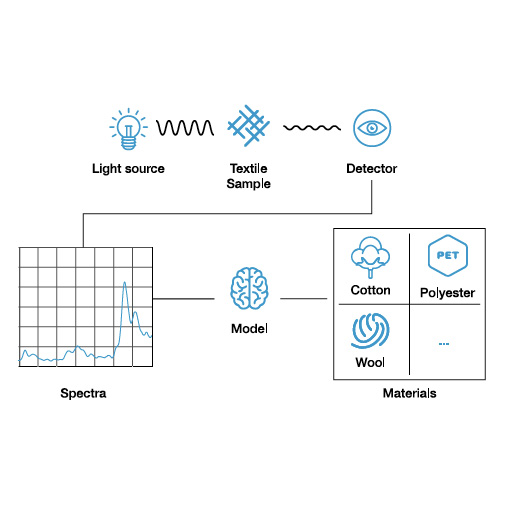
Nowadays, the textile industry has a massive environmental impact, involving depletion of resources in the production of garments and a